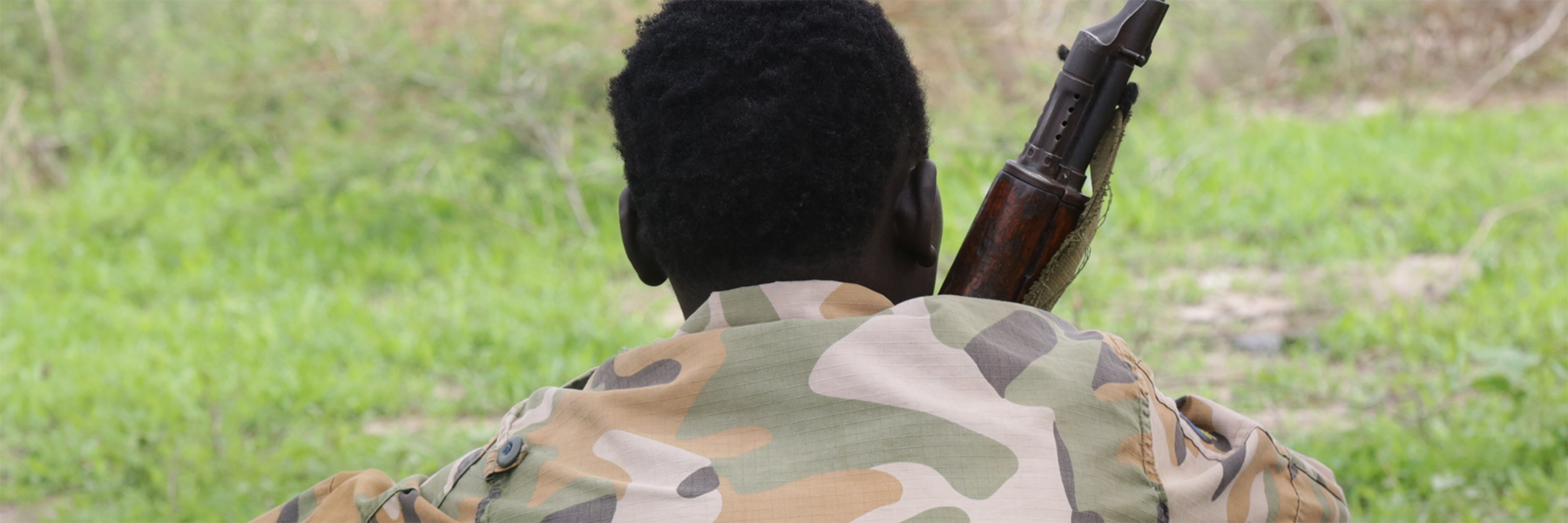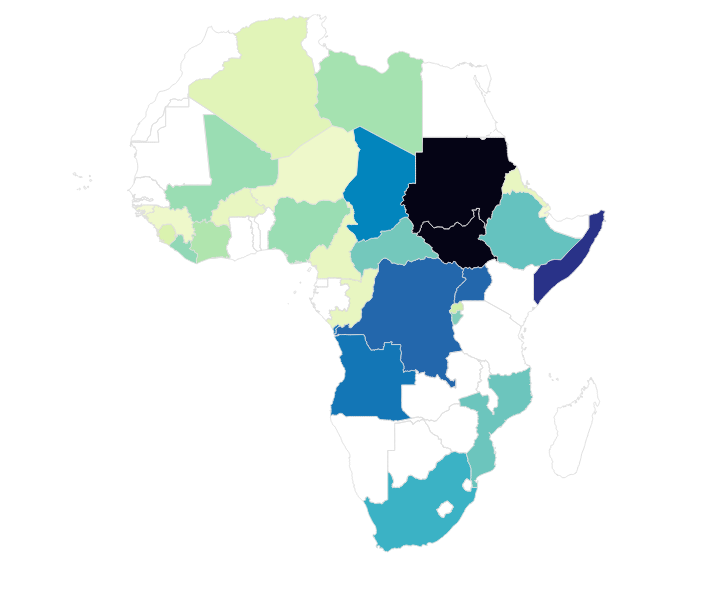
Children of War
Evolving Local and Global Understandings of Child Soldiering in African Conflicts, c.1940-2000
Stopping the use of child soldiers has become an emblematic crusade for the international community since the 1990s. For many, this is iconically represented by a small African boy wielding an AK-47.
Global estimates posited that over 300,000 child soldiers were fighting or had recently been demobilized, 120,000 of those in Africa. Humanitarian campaigns in the 1990s raged against this new ‘child soldier crisis’, depicting child soldiers as traumatized victims of adult abuse and the ‘barbarism’ of new hyper-violent, civilianized forms of contemporary warfare.
However, contrary to these campaigns, child soldiering was not a new phenomenon. Children and youth have been involved in African conflicts from the pre-colonial period. The ‘child soldier crisis’ emerged in late 1980-90s not because children suddenly appeared on global battlefields, but because changing notions of childhood, child rights, human security and war made them objects of humanitarian concern.
Focusing on country and cross-border case studies across the continent – Angola and South Africa, DRC and Burundi, Uganda, and the Horn of Africa – the project argues for a gen[d]erational analysis of warfare that focuses on age, alongside gender, to highlight the significance and ‘age-ential’ nature of youth involvement in conflict.

Map: Number of years with reported use of child soldiers, 1970-2022.
This map illustrates the prevalence of reported child soldier use from 1970-2022, as documented by humanitarian and advocacy sources. As the project progresses, we will flesh out the map and dataset, bringing in alternative sources from archives, interviews, and secondary material which complicate and deepen the contemporary picture of children in combat as a problem of ‘new wars’.
Additional discussion of the data – our methodology, our sources, and our critique – can be found in the Data section.
- ‘Songs of Childhood’: Memories from poet and Biafra war survivor, Nimi WaribokoExcerpt from ‘War Survivor(1968)’ Biafra-Nigeria Outrunning my approaching death. Flying high over stalls, strewed pathsMy palm-oil bottle clutched in my right hand I am a… Read more: ‘Songs of Childhood’: Memories from poet and Biafra war survivor, Nimi Wariboko
- Has the involvement of teenagers in armed groups always been unacceptable?Applying the definition of child soldier given by the Paris Principles – “any person below 18 years of age who is or who has been… Read more: Has the involvement of teenagers in armed groups always been unacceptable?
- Knowledge, memories and child soldiering in post-colonial BurundiIn 2024, as part of the Children of War project, I visited Burundi to conduct oral history interviews and archival research. With the first interviews,… Read more: Knowledge, memories and child soldiering in post-colonial Burundi